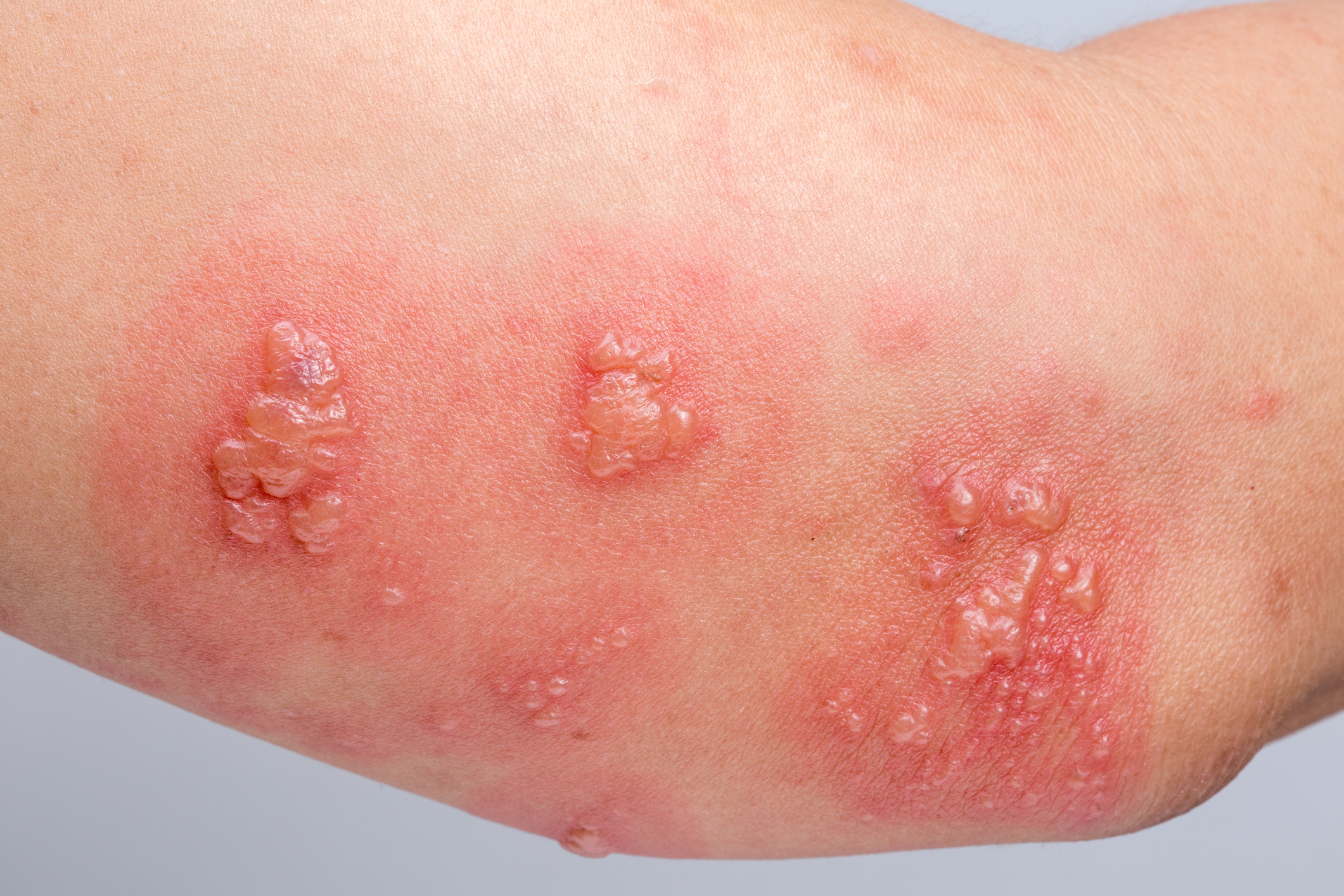
People with shingles can live normal lives, although the condition can cause discomfort and complications. Shingles, also known as herpes zoster, is a viral infection caused by the varicella-zoster virus, the same virus that causes chickenpox. After a person recovers from chickenpox, the virus can remain dormant in their body and reactivate later in life as shingles.
Here are some key points about living with shingles:
- Medical care: It is advisable to seek medical care if you suspect you have shingles or have been diagnosed with it. A healthcare professional can provide a proper diagnosis, prescribe medication, and offer guidance on managing the symptoms.
- Pain management: Shingles typically presents with a painful rash, usually on one side of the body. Pain management is a crucial aspect of living with shingles. Doctors may prescribe antiviral medications, pain relievers, and topical treatments to alleviate discomfort. Cool compresses and oatmeal baths can also help soothe the affected areas.
- Rest and self-care: It is important to rest and take care of yourself while dealing with shingles. Getting adequate rest can promote healing and boost the immune system. Avoid scratching or picking at the rash to prevent infection and scarring. Maintaining good personal hygiene, including washing hands frequently, is essential.
- Contagiousness: Shingles itself is not directly contagious, but the varicella-zoster virus can be transmitted to individuals who have not had chickenpox or received the varicella vaccine. Close contact with the shingles rash can potentially lead to the development of chickenpox in susceptible individuals. It is advised to avoid contact with infants, pregnant women, and individuals with weakened immune systems if you have shingles.
- Prevention: The best way to prevent shingles is by getting vaccinated. The shingles vaccine, also known as the zoster vaccine, is recommended for individuals aged 50 and older, even if they have previously had shingles. The vaccine reduces the risk of developing shingles, and if shingles does occur, it can help reduce the severity and complications.
- Complications and follow-up care: Although most cases of shingles resolve on their own within a few weeks, complications can occur. These include postherpetic neuralgia (persistent pain after the rash clears), bacterial skin infections, scarring, and eye-related complications if the rash affects the eye area. If you experience persistent or severe symptoms, it is important to follow up with your healthcare provider.
Living with shingles may involve managing pain, practicing good hygiene, getting adequate rest, and seeking medical care as needed. It’s important to consult with a healthcare professional for personalized advice and guidance based on your specific situation.
See More on Video

The Shingle Solution™ By Julissa Clay This eBook includes a program to treat the problem of shingle naturally. The author of this eBook, Julissa Clay, a practitioner in natural health, has killed the shingles causing virus completely to overcome the problem of PHN or Postherpetic neuralgia, one of the common complications caused by shingles.